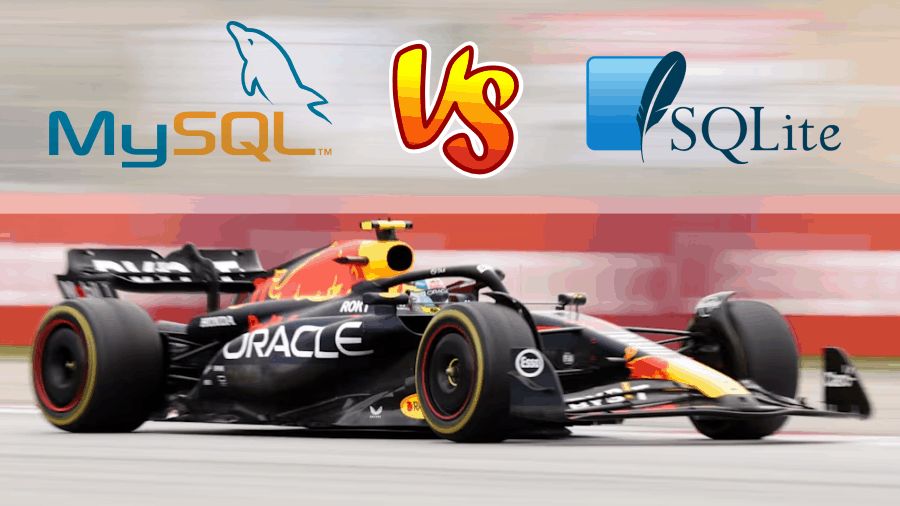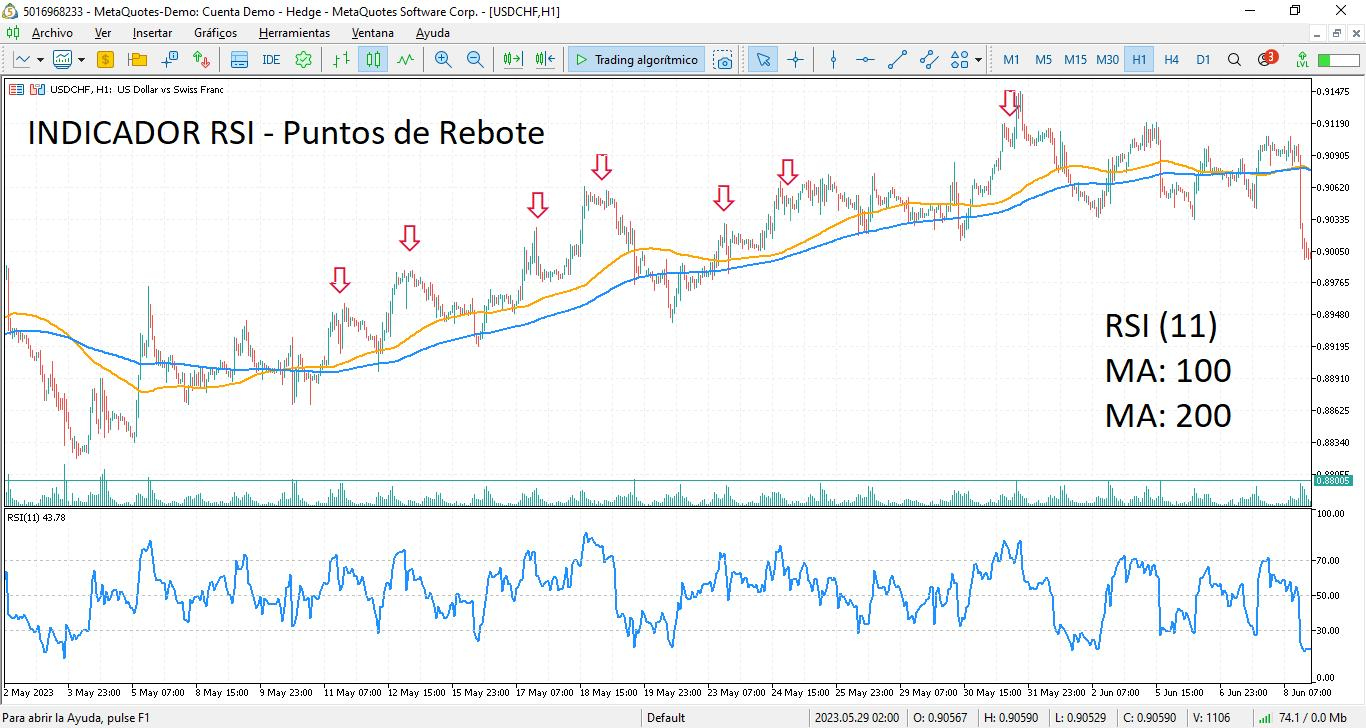SQLite vs MySQL
In the world of software development, choosing a database is one of the most important decisions. While MySQL positions itself as a standard in complex systems with multiple simultaneous users, SQLite is the silent gem that drives fast, lightweight, and efficient applications. If you're thinking about building a blog, a mobile app, or even complex software like **Inventarios1A**, it's time to reconsider whether you really need MySQL. Spoiler: probably not. SQLite does not require a server, does not require complex configurations, and most importantly, **it's fast, very fast**. Why complicate things with MySQL in applications where speed and simplicity are all you need?SQLite: The invisible heart of modern technology
From web browsers like Chrome and Firefox to millions of Android devices, SQLite is present in our daily lives without us realizing it. It is the most implemented database engine in the world, and for good reason: it is efficient, lightweight, and simply works. Even in applications like **Inventarios1A**, our flagship software, SQLite has proven to be a perfect choice, offering performance without sacrificing simplicity.SQLite: Speed at its best
| Operation | SQLite | MySQL |
|---|---|---|
| Mass Inserts | In tests with 25,000 inserts into an indexed table, SQLite has proven to be faster than MySQL. | MySQL, although efficient, is usually surpassed by SQLite in this type of mass operation. |
| Simple Queries | For applications with few concurrent queries, SQLite offers faster response times due to its lightweight and embedded nature. | MySQL efficiently handles multiple concurrent queries, being more suitable for applications with high concurrency. |
| Updates | In update operations without indexes, SQLite has shown lower execution times compared to MySQL. | MySQL can be less efficient in mass updates without indexes compared to SQLite. |
| Index Creation | SQLite can be slower in index creation compared to MySQL, although this process is not frequent in typical applications. | MySQL is usually faster in index creation, benefiting applications that require complex indexes. |
MySQL: The giant of scalability
Not everything is black or white. SQLite has its place, especially when you need to manage applications with multiple users writing simultaneously to the same tables or records. Banking systems, giant social networks, or e-commerce platforms with thousands of transactions per second may need the robustness and scalability that MySQL offers. However, the question we must ask ourselves is: do you really need that infrastructure for a blog or a medium-sized application?
SQLite is everywhere
Did you know that SQLite is the default database in Android? That's right: millions of devices around the world depend on SQLite to store application data. And not only that, it is also present in browsers like Chrome and Firefox, in IoT devices, and even in some applications of large corporations. Its ubiquity speaks of its reliability and efficiency.
Conclusion: Why complicate things?
If your project does not require handling thousands of users writing simultaneously, **SQLite is the ideal choice**. Its speed, simplicity, and portability make it the perfect tool for blogs, mobile applications, inventory systems, and much more. MySQL is an excellent engine, but it is not always necessary to resort to the biggest hammer when you have a scalpel that does the job with surgical precision.
In short: **long live SQLite!**






